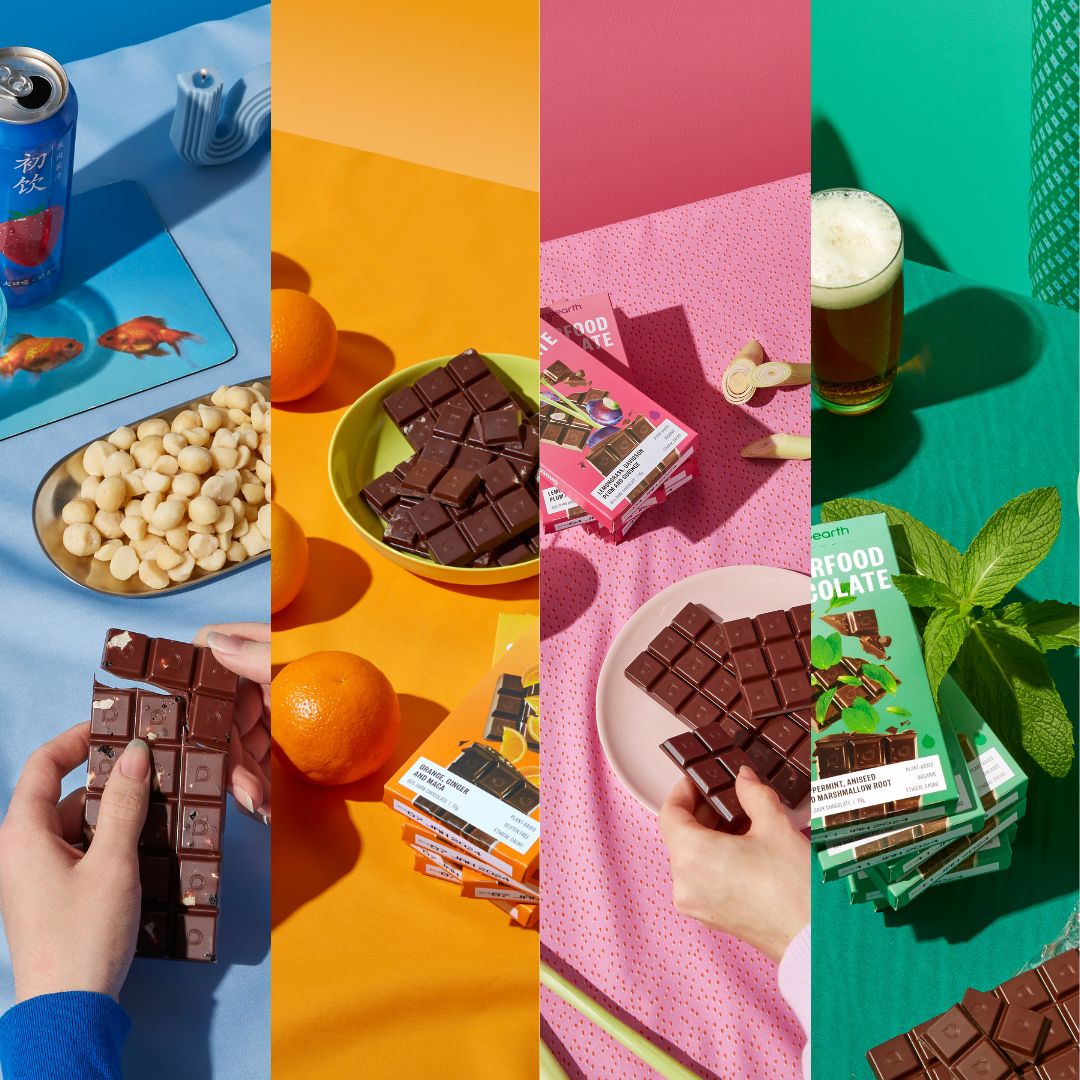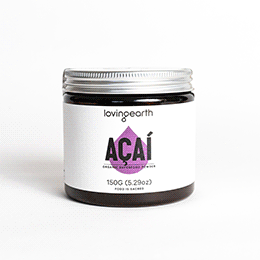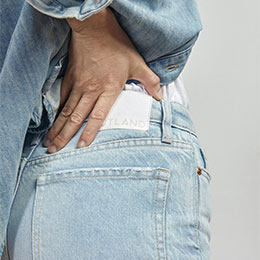
We’ve taken a look at all sorts of diets over the past month, from the macrobiotic to the Mediterranean and the trendy to the traditional. We’ve learned many lessons from the wisdom of older cultures, but what we haven’t discussed much is the modern approach to nutrition. In this article we’re not going to bother with talking about mainstream trends such as The Atkins Diet or the “fat free” fad of the past 20 odd years. Instead we’re going to look at some of the most common diets amongst the Loving Earth community.
What is the “clean” diet or “clean eating?”
Clean eating is less a set of rules and more a set of guidelines. Eating clean means avoiding processed foods – staying fresh and keeping things wholesome.
What is the raw vegan diet?
This is the vegan diet (i.e. no foods sourced from animals) with an emphasis on including the guidelines of the clean diet. Food must not be exposed to high temperatures (approximately 40 degrees) in order to qualify as raw.
What is the paleo diet?
The paleo diet is eating as your ancestors did – foods you could conceivably hunt or forage and nothing that requires agriculture.
This is of course a drastic simplification of all three. Since the vegan diet is nowadays widely understood, and raw veganism is essentially the clean diet minus animal products, let’s take a closer look at the most enigmatic of the three:
The Paleo Diet
The basic idea of the paleo diet is that humanity as a species has evolved to thrive on certain foods. Our modern diet is perceived as being at odds with this. It’s a fairly compelling concept – farming began roughly 12,000 years ago and the modern diet has its roots in the 19th & 20th Centuries. Yet physically we’re essentially the same as we were 200,000 years ago - so wouldn’t the diet we’ve been eating for most of that time support us better?
If we consider the typical Western diet as having developed over the past couple of hundred years, and compare that to what we were eating for most of the 200,000 years before that, that’s the equivalent of changing your diet for a few minutes after a decade spent eating differently. Therefore it does seem plausible that our bodies wouldn’t cope well with such a change, and adherents of the paleo diet point to the global rise in obesity to prove this.
So what’s in the paleo diet? The basic idea is ‘what your ancestors would have eaten’. So no Big Macs then. No candy bars either – but this is where things get interesting. If you could conceivably source or produce the ingredients of a recipe in their raw state, then it can be considered paleo – it’s unprocessed. This means that grains are out – bread, rice, pasta etc. Sugar too, unless it’s a natural source (fruit, for example). Legumes too (beans, lentils, chickpeas and so on), because they contain phytic acid, which prevents the nutrients from being available to you. Dairy (as in ‘cow stuff’) isn’t allowed, but eggs are (your common-or-garden caveman would be expected to occasionally bump into a T-Rex egg and stoke up the firepit for a pre-hunt egg-white omelet*).
So essentially the biggest difference between paleo and raw/vegan/clean is that the paleo diet includes meat, seafood and eggs but doesn’t allow for legumes. This is a fairly contentious issue: for vegans there are strong ethical concerns related to animal prouducts, while paleos point to the potential health issues which come from replacing meat with soy and lentils.
So in the end, these three popular contemporary diets all revolve around one central concept: whole foods. If you ensure that the majority of your fats, carbs and protein come from wholefoods, we can confidently say that you will look good, feel good and have a lot of energy.
Do you avoid processed foods, additives and preservatives? You’re a clean eater!!
Do you avoid eggs, dairy, meat and fish? You’re a vegan!
Do you avoid legumes, grains and do workouts like a maniac? You’re a paleo!
Having spent over a year on each diet, I can confirm that clean eating will give you a massive surplus of energy. Whereas most people will find either paleo or the vegan approach to be too extreme for their own lifestyle, everyone can take some inspiration from both – and we all benefit from eating clean!
*(Dinosaurs and homosapiens unfortunately did not actually inhabit the same evolutionary period)


